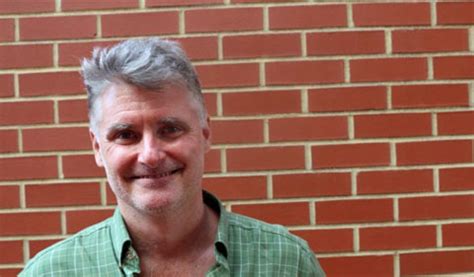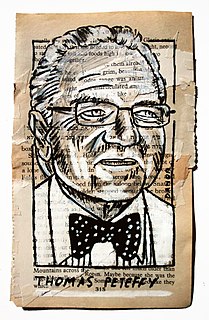A Quote by Winnie Byanyima
Rather than working for all, power and public policy is increasingly influenced by wealthy elites that are able to bend the rules - and hijack democratic institutions - to their favour.
Related Quotes
IF we desire European civilization to be a raid and a rescue, we shall insist rather that souls are in real peril than that their peril is ultimately unreal. And if we wish to exalt the outcast and the crucified, we shall rather wish to think that a veritable God was crucified, rather than a mere sage or hero. Above all, if we wish to protect the poor we shall be in favour of fixed rules and clear dogmas. The rules of a club are occasionally in favour of the poor member. The drift of a club is always in favour of the rich one.
A democratic public forms when citizens gather together to deliberate and make public judgments about local and national issues that affect their lives. By associating together for public discussion, citizens learn the skills necessary for the health of a democratic public; listening persuading, arguing, compromising, and seeking common ground. When these skills are nurtured within the institutions of a democratic public, citizens educate themselves in order to make informed political decisions.
But, that’s the whole point of corporatization - to try to remove the public from making decisions over their own fate, to limit the public arena, to control opinion, to make sure that the fundamental decisions that determine how the world is going to be run - which includes production, commerce, distribution, thought, social policy, foreign policy, everything - are not in the hands of the public, but rather in the hands of highly concentrated private power. In effect, tyranny unaccountable to the public.
Elites are inevitable in politics. That is how politics is going to work. The question is, are your elites responsible, public-spirited? Do they think about the interests of others, not just themselves? And the story of Western politics since the beginning of the century is that as elites become more separated, more selfish, as they leave behind their populations and don't think about them, they become discredited. And the people look for alternatives. But the alternative is worse. Those rules of the game protect us all. And they are more precious than almost any political outcome.
Increasingly, we're seeing two worlds in Canada. The world for most Canadians is increasingly unaffordable, involves more precarious work, and is a harder place in which to get by. The second world is an exclusive club for the wealthy and well-connected who get special access and are exempt from rules the rest of us play by.
Intriguingly, in poll after poll, when Americans are asked what public institutions they most respect, three bodies are always at the top of their list: the Supreme Court, the armed forces, and the Federal Reserve System. All three have one thing in common: they are insulated from the public pressures and operate undemocratically. It would seem that Americans admire these institutions, precisely because they lead rather than follow.
That the foundation of our national policy should be laid in private morality. If individuals be not influenced by moral principles, it is in vain to look for public virtue; it is, therefore, the duty of legislators to enforce, both by precept and example, the utility, as well as the necessity, of a strict adherence to the rules of distributive justice.
There is something fundamentally antidemocratic about relinquishing control of the public education policy agenda to private foundations run by society's wealthiest people; when the wealthiest of these foundations are joined in common purpose, they represent an unusually powerful force that is beyond the reach of democratic institutions.

































